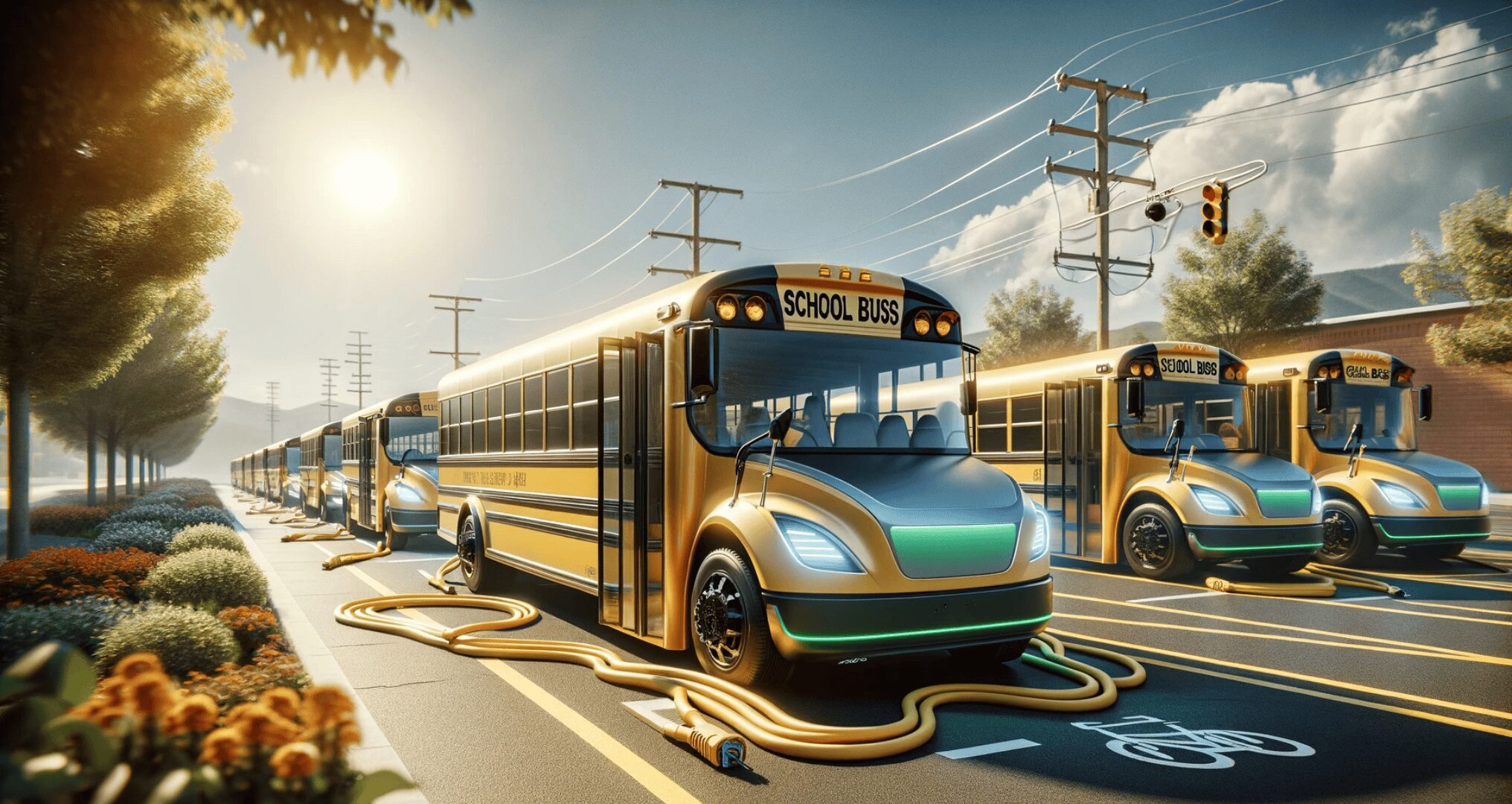The US Environmental Protection Agency (EPA) has just unveiled a significant milestone in the pursuit of cleaner air and safer transportation for our children: nearly $1 billion in grants awarded through the inaugural Clean School Bus Program Grants Competition. This funding, made possible by the US Bipartisan Infrastructure Law, will empower 68 recipients across 37 states to acquire over 2,700 new clean school buses, with a staggering 95% of them being battery electric vehicles. We at Triad Diagnostic Solutions proudly support the EPA’s commitment to cleaner air and safer transportation with our battery charging tools for electric vehicles including electric school buses.
This marks a monumental step forward in the nationwide effort to transition to cleaner, more sustainable transportation options for school districts. With these grants, the Clean School Bus Program has now allocated close to $2 billion, enabling the purchase of approximately 5,000 electric and low-emission school buses across the country. On average, this translates to about $400,000 per school bus, reflecting the commitment to investing in a greener future for our children.
The decision to prioritize electric buses aligns with a growing awareness of the environmental and health benefits they offer. While the initial cost of electric buses may be higher compared to their diesel counterparts, the long-term savings and positive impact on air quality make them a worthwhile investment. For instance, recent research indicates that battery-electric school buses not only reduce emissions but also contribute to quieter, healthier communities.
However, challenges remain, particularly in terms of infrastructure. The transition to electric school buses necessitates robust charging networks to support their operation. Without adequate infrastructure in place, the full potential of these vehicles cannot be realized. The EPA’s Office of Inspector General has highlighted this concern, emphasizing the importance of local utility companies in meeting the increasing power demands of electric school buses.
Despite these obstacles, momentum is building towards a cleaner, more sustainable future for school transportation. Some states have already taken bold steps, implementing mandates to phase out diesel buses in favor of zero-emission alternatives. In New York state, for example, the prohibition on diesel school bus purchases will come into effect from 2027 onwards, signalling a commitment to cleaner air and healthier communities.
Collaboration and innovation will be essential in overcoming the challenges ahead. The main point of emphasis with this initiative and others like it going forward is to ensure that every child has access to safe, environmentally friendly transportation, paving the way for a brighter and healthier future for generations to come.

